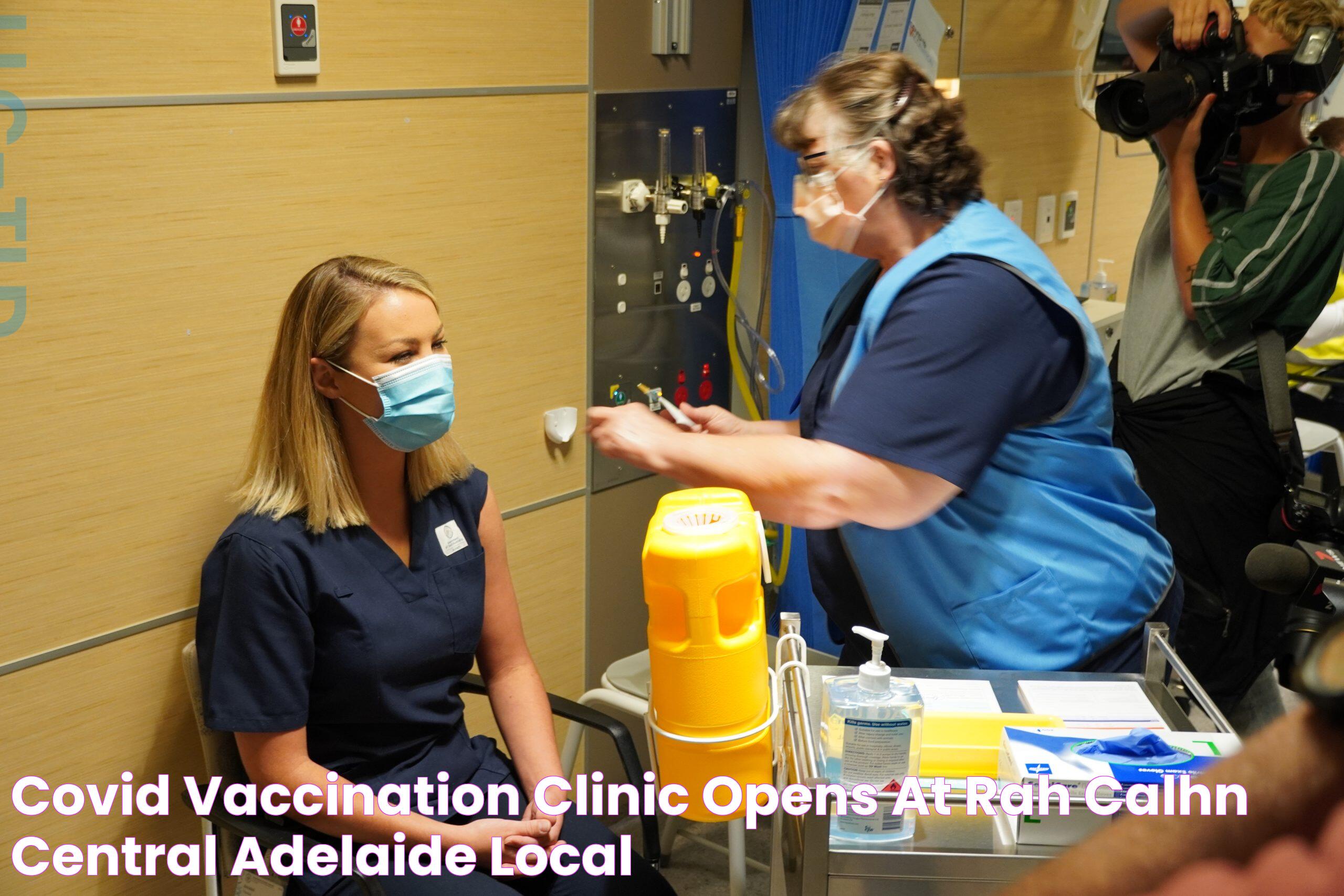Ultimate Guide To Pet Vaccination Clinic: Safeguard Your Pet's Health

When it comes to the well-being of your furry companions, a pet vaccination clinic is an essential stop on their health journey. Vaccines protect pets from life-threatening illnesses, help control disease outbreaks, and extend the life expectancy of your beloved animals. Whether you're a first-time pet owner or a seasoned caretaker, understanding the role of vaccinations is critical for ensuring your pet lives a long, healthy, and happy life.
Pet vaccination clinics are specialized facilities that provide immunization services for pets. These clinics cater to cats, dogs, and other domestic animals with a focus on preventative care. Vaccinations are a cornerstone of responsible pet ownership, and these clinics ensure that every pet receives the proper protection tailored to their age, lifestyle, and health status. With skilled veterinarians and accessible care, pet vaccination clinics are a vital resource for every pet owner.
In this detailed guide, we'll walk you through everything you need to know about pet vaccination clinics. From understanding the importance of vaccinations to exploring how these clinics operate, we've got you covered. We'll also discuss common vaccines, costs, schedules, and how to prepare your pet for their visit. By the end of this article, you’ll feel confident in making informed decisions about your pet's health and well-being.
Read also:Mastering The Future A Deep Dive Into The Lithium Refining Business
Table of Contents
- What Is a Pet Vaccination Clinic?
- Why Are Vaccinations Important for Pets?
- How Do Pet Vaccination Clinics Work?
- What Vaccines Are Essential for Pets?
- How Much Do Pet Vaccinations Cost?
- How to Prepare for a Pet Vaccination Appointment?
- What to Expect During a Vaccination Visit?
- How to Find a Reliable Pet Vaccination Clinic?
- Are Vaccinations Safe for Pets?
- How Often Should Pets Be Vaccinated?
- Can Vaccinations Prevent Disease Outbreaks?
- Mobile Pet Vaccination Clinics
- Pet Vaccination Clinic vs. Regular Vet: What's the Difference?
- Frequently Asked Questions
- Conclusion
What Is a Pet Vaccination Clinic?
Pet vaccination clinics are dedicated facilities or events designed to provide vaccinations for pets. These clinics may operate as part of a veterinary hospital, a standalone establishment, or even as mobile units that travel to various neighborhoods. The primary goal is to make vaccinations accessible to all pet owners, ensuring that their pets are protected against preventable diseases.
Unlike general veterinary practices that offer a wide range of services, pet vaccination clinics focus specifically on immunizations. This specialization allows them to streamline processes, reduce costs, and provide faster services. Many clinics also offer additional preventative care services, such as microchipping, deworming, and flea/tick prevention.
Pet vaccination clinics are staffed by trained veterinarians and technicians who are well-versed in vaccine protocols. They assess each pet's health history, lifestyle, and risk factors to recommend the most appropriate vaccines. By visiting a pet vaccination clinic, you can ensure your pet receives the care they need to stay healthy and protected.
Why Are Vaccinations Important for Pets?
Vaccinations play a crucial role in maintaining your pet's health and preventing the spread of infectious diseases. Here’s why vaccinations are essential:
- Prevention of Deadly Diseases: Vaccines protect pets from diseases like rabies, distemper, and parvovirus, which can be fatal.
- Community Health: Vaccinated pets help reduce the spread of diseases to other animals and even humans in some cases.
- Legal Requirements: In many regions, certain vaccinations, such as rabies, are legally mandated.
- Cost-Effective: Preventing diseases through vaccination is far less expensive than treating the illness.
- Peace of Mind: Knowing your pet is protected gives you confidence and reassurance.
Skipping vaccinations not only puts your pet at risk but can also endanger other pets and people. This is why regular visits to a pet vaccination clinic are a must for responsible pet ownership.
How Do Pet Vaccination Clinics Work?
Pet vaccination clinics operate in a simple and efficient manner to ensure pets receive their vaccines quickly and safely. Here’s a step-by-step breakdown of how these clinics typically function:
Read also:The Ultimate Guide To The Kardashian Dating Tree Love Relationships And Connections
- Check-In: Upon arrival, pet owners fill out forms detailing their pet’s health history and vaccination record.
- Health Assessment: A veterinarian performs a basic health check to ensure the pet is healthy enough for vaccination.
- Vaccine Administration: The veterinarian administers the recommended vaccines based on the pet’s age, species, and risk factors.
- Post-Vaccination Monitoring: Pets are observed briefly for any immediate reactions to the vaccine.
- Record Updates: The clinic updates the pet’s vaccination records and provides a copy to the owner.
Some clinics operate on an appointment basis, while others offer walk-in services. Mobile pet vaccination clinics work similarly but bring the services directly to your community.
What Vaccines Are Essential for Pets?
The vaccines your pet needs depend on their species, age, lifestyle, and geographic location. Here’s an overview of essential vaccines for dogs and cats:
Core Vaccines for Dogs
- Rabies
- Distemper
- Parvovirus
- Adenovirus
Core Vaccines for Cats
- Rabies
- Feline Viral Rhinotracheitis
- Calicivirus
- Panleukopenia
Non-Core Vaccines
Non-core vaccines are optional and may be recommended based on your pet's lifestyle and environment. These include vaccines for Lyme disease, Bordetella, and feline leukemia virus.
Consult a veterinarian at your nearest pet vaccination clinic to determine which vaccines are appropriate for your pet.
How Much Do Pet Vaccinations Cost?
...
Frequently Asked Questions
What is the difference between core and non-core vaccines?
...
Can my pet experience side effects from vaccinations?
...
Conclusion
...
Article Recommendations

